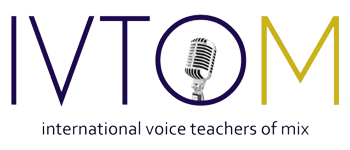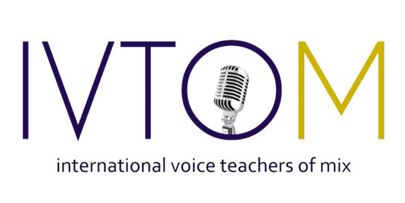The Importance of Vocal Science
Weekly Teaching Tip – October 7, 2013
by John Henny
Vocal Science – What Good Is It?
I have found myself in recent years becoming more and more interested in vocal science, mainly because I like to know how and why things work. However, I also taught successfully for many years before exploring the how and why of the voice.
So why do you or I need vocal science? Where does it really help?
It Has No Agenda
The great thing about science is it does not (or should not) have an agenda. Vocal science is not out to prove any method right or wrong, and teachers need to remember this when putting their belief systems up against facts.
I have had some strongly held beliefs changed in the light of science, and while it is hard to admit to yourself you have been teaching something incorrectly, truth is what is best for you and your students.
I have found even small misconceptions can lead to bigger mistakes when you build techniques or pedagogy around them. Science can help root out these untruths and improve your teaching.
I am a big believer in constantly challenging your beliefs and methods. Studying vocal science is a great way to do this.
Where’s Waldo?
In my own teaching, I have found the more I understand the underlying causes of what I hear in a student, the better I am at pinpointing the exact issue.
It’s like the old “Where’s Waldo” books. He’s pretty hard to find initially, but once you’ve seen him, he jumps out of the page at you. Understanding underlying causes through science is like being shown Waldo – once seen, the issues become clearer. This clarity helps me more quickly find the right tools and solutions for students.
What Science Doesn’t Do
Science does not make you a more compassionate or empathetic teacher. It does not increase your musicianship or repertoire knowledge. You need to keep the “art” of teaching alive.
Science is also of little help when it is used (or misused) to constantly defend methods or belief systems.
I recently watched a well-known researcher lecture to voice teachers. There were certain teachers who kept bombarding this Doctor with leading questions, simply to get him to phrase things in such a way that would defend their beliefs or nullify others. At that point, acquiring new knowledge took a backseat to being proved “right.”
This is not to say we should never make value judgments. Science only observes, and sometimes these observations look at behaviors or methods that may not be in the best interests of your students. Keep your student’s vocal health as your primary goal and you will be able to make better decisions about your methods in the light of science.
Science alone is limited. I have seen teachers with little to no knowledge of vocal mechanics get great results with students and I have seen science geeks get very poor results. However, I believe good teachers become even better with the accumulation of knowledge.
What to Study
I don’t think a teacher needs to memorize the name of every muscle in the face, neck and breathing system. Nor do they need to do mathematical calculations of the hertz value of every pitch, harmonic and formant.
I recommend learning how the vocal folds function for pitch in chest, middle and head. Study how these muscles interact with each other in balanced and unbalanced singing.
I also recommend studying the acoustics of vocal registers. Formants and harmonics can be a bit daunting at first, but they explain so much about registration and the challenges singers face.
Once I understood why bridging occurs and what controls it, I found a new level in my own teaching.
The good news is that more and more teaching organizations (such as IVTOM) are embracing science and making it practical and applicable for all of us who teach.
Science is simply a knowledge base acquired through observation, we teachers can make it come alive and use it to impact our students and the art of singing.

